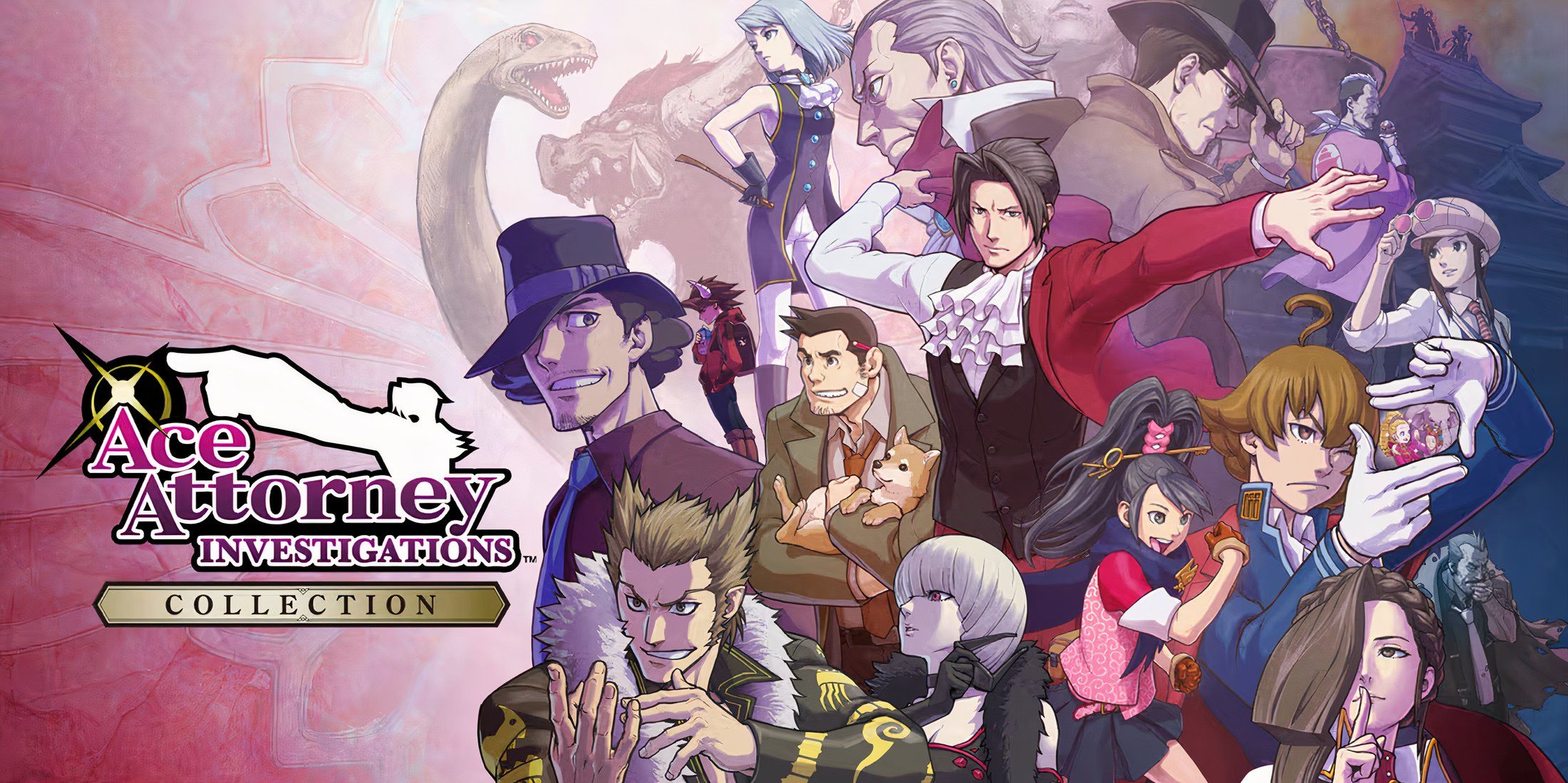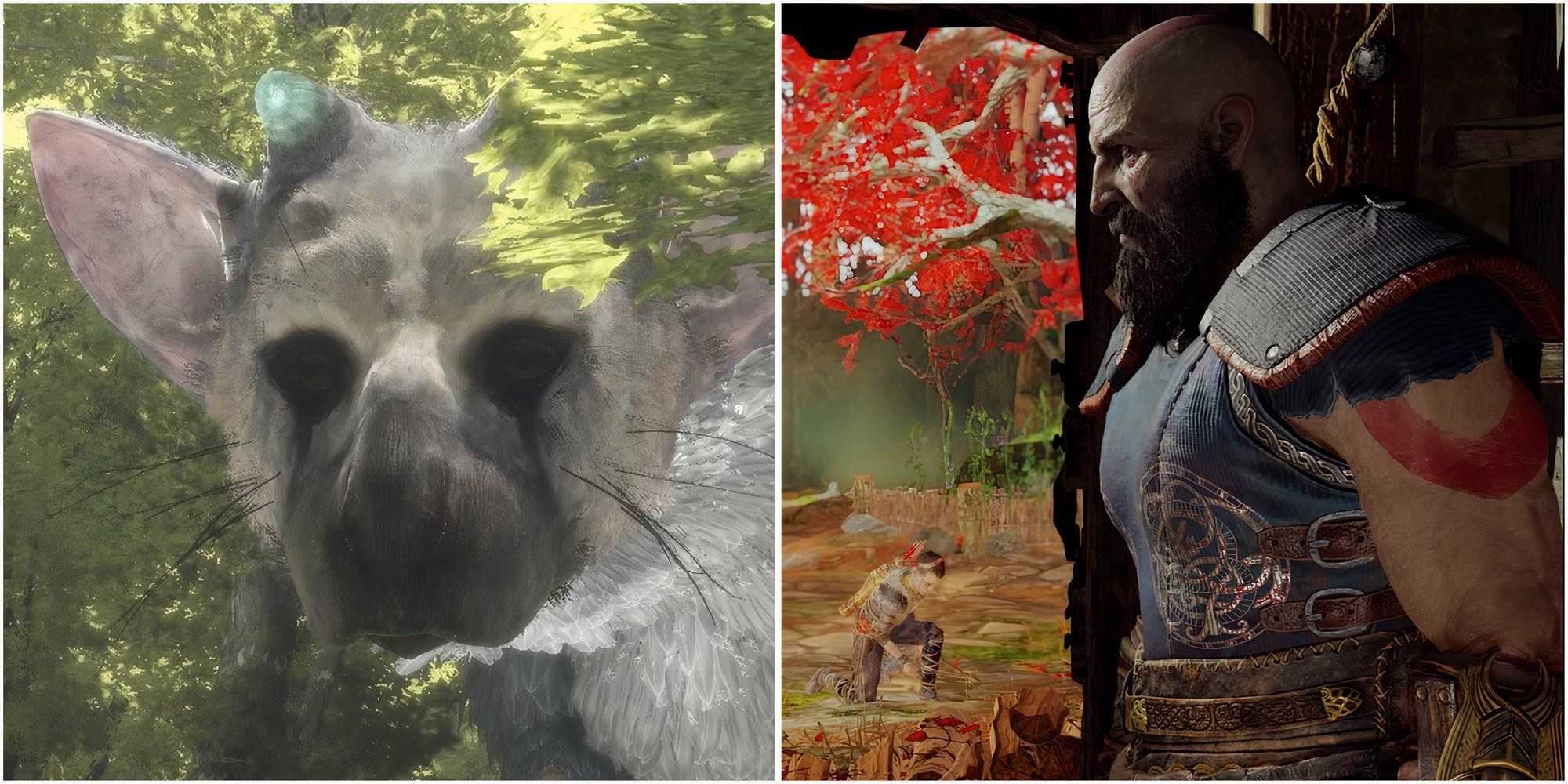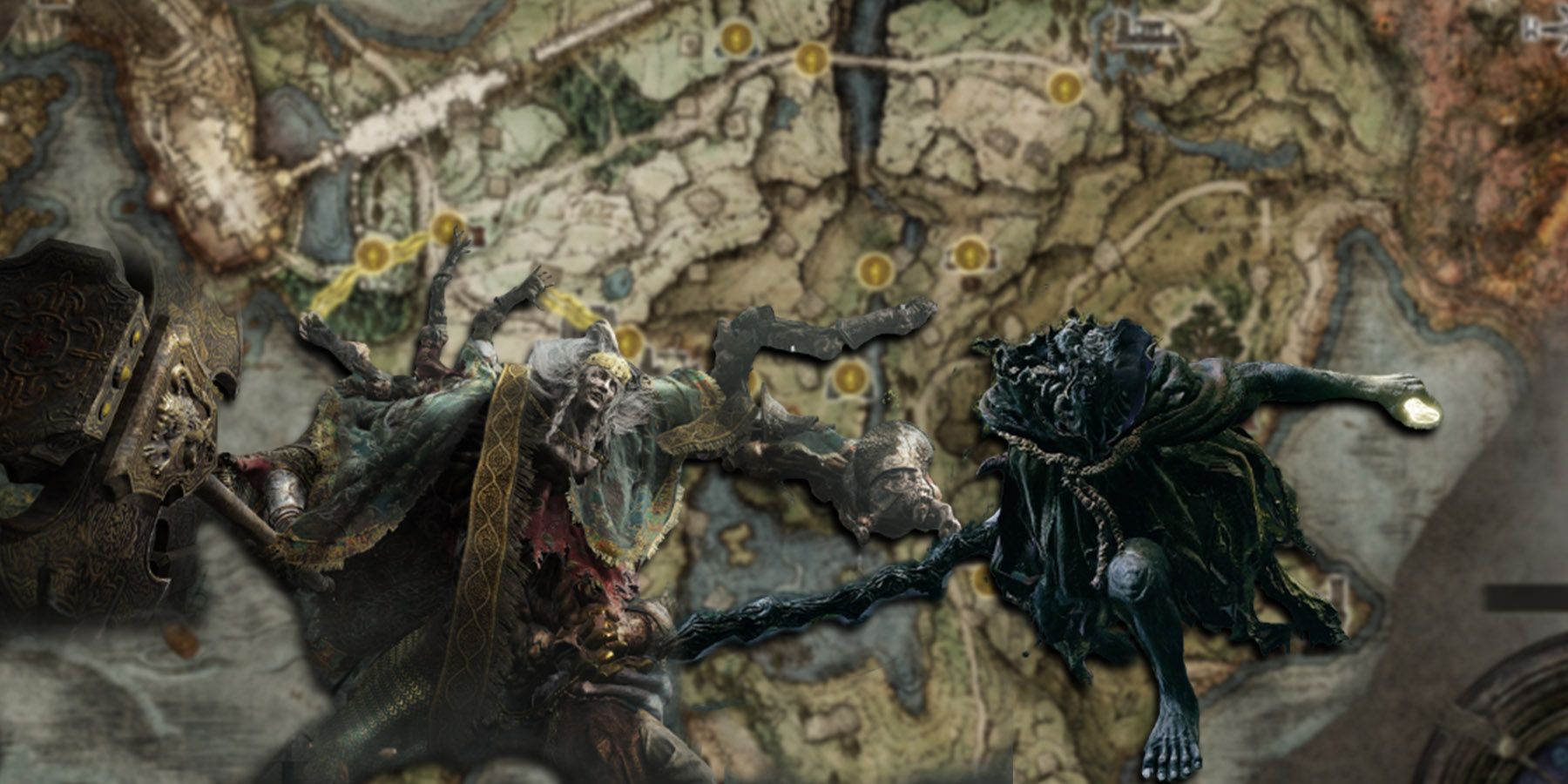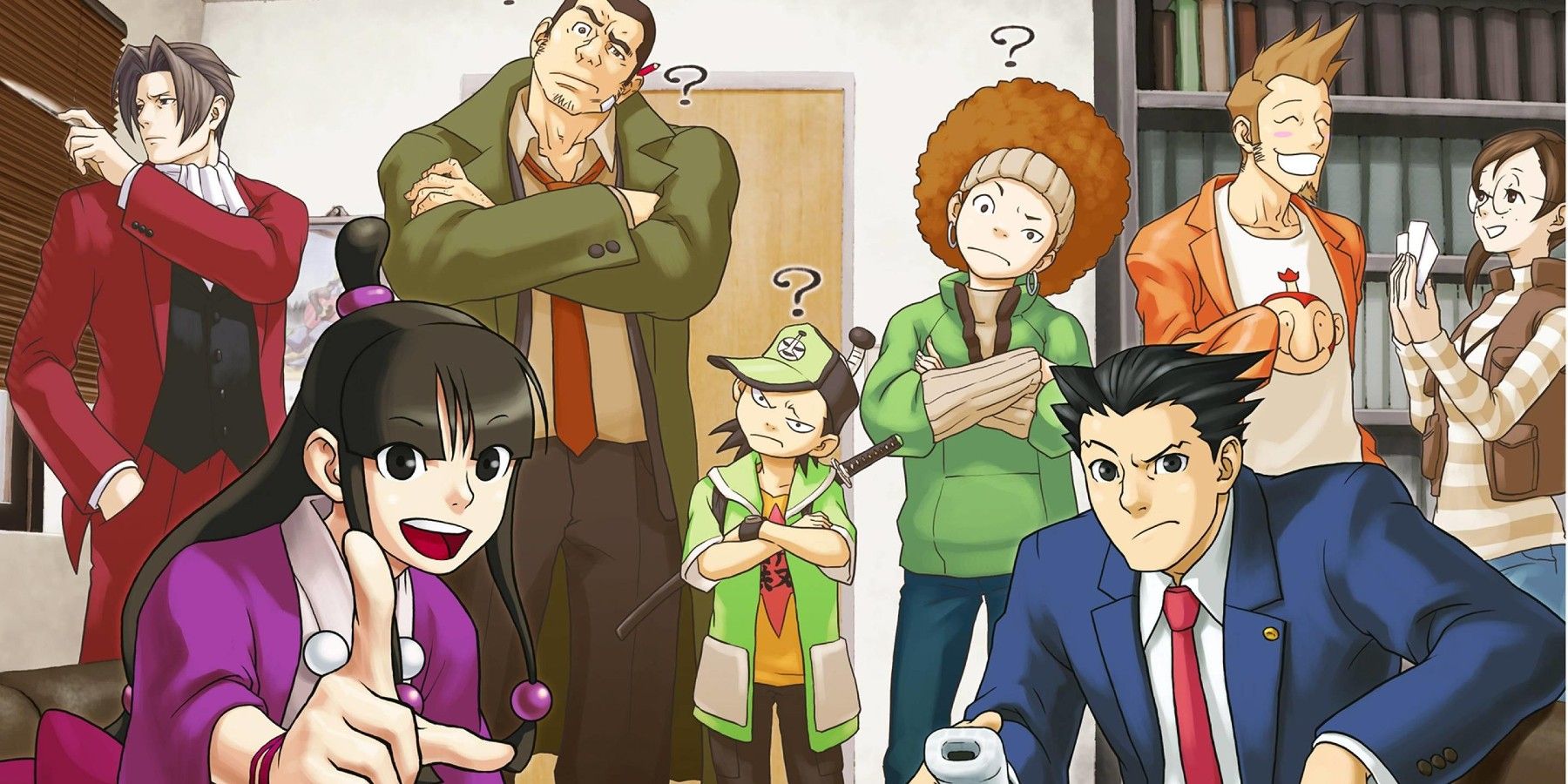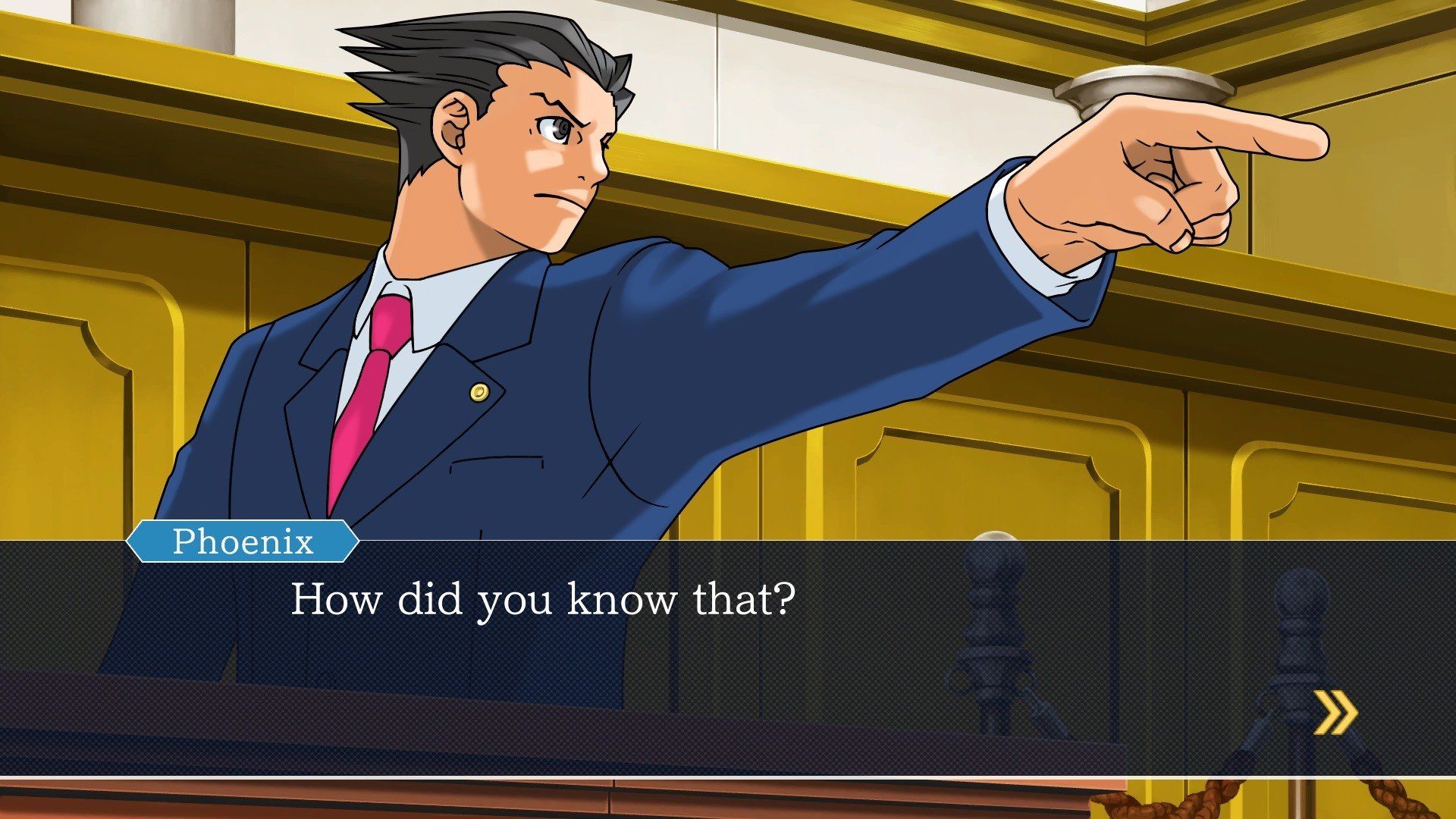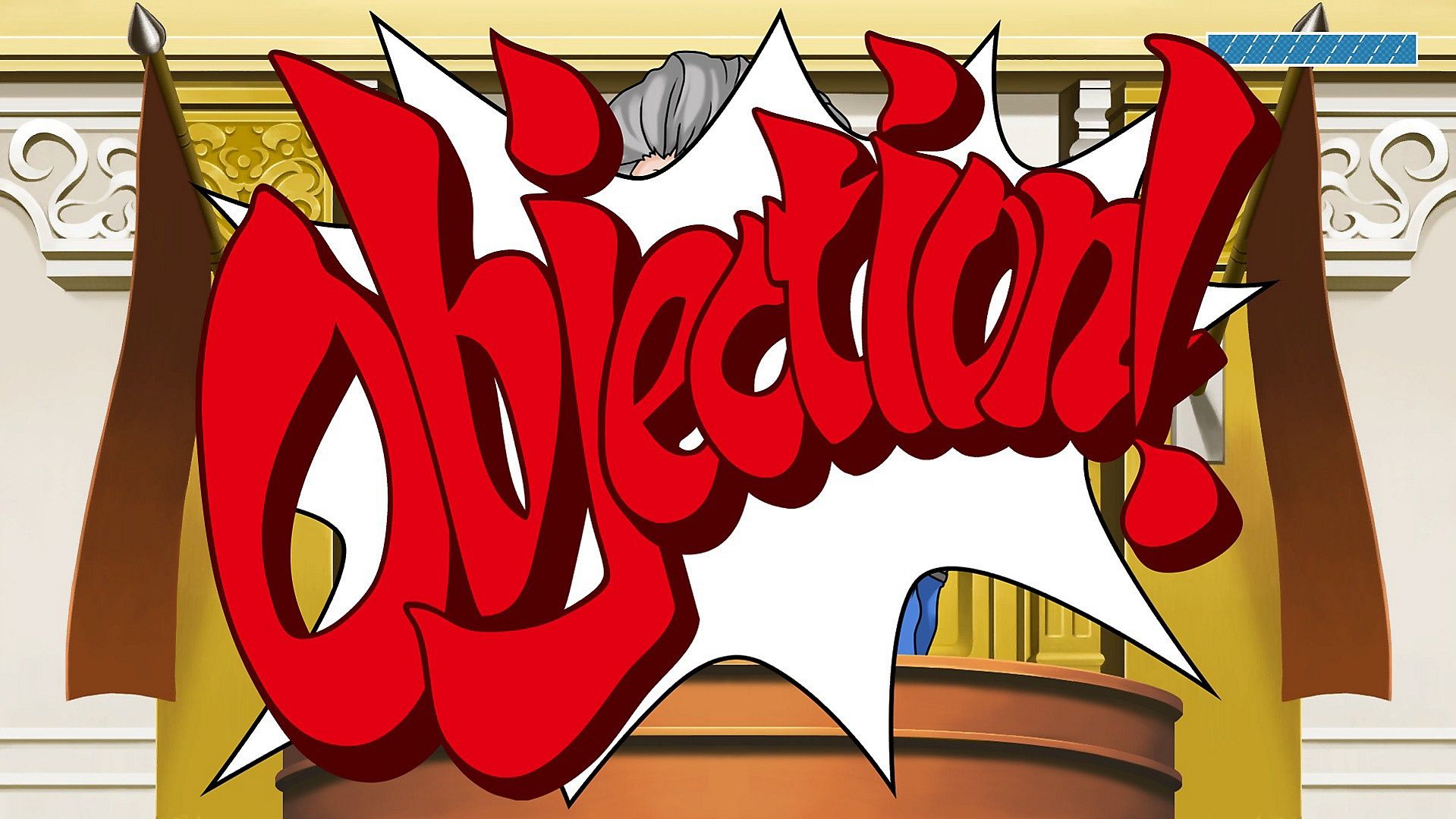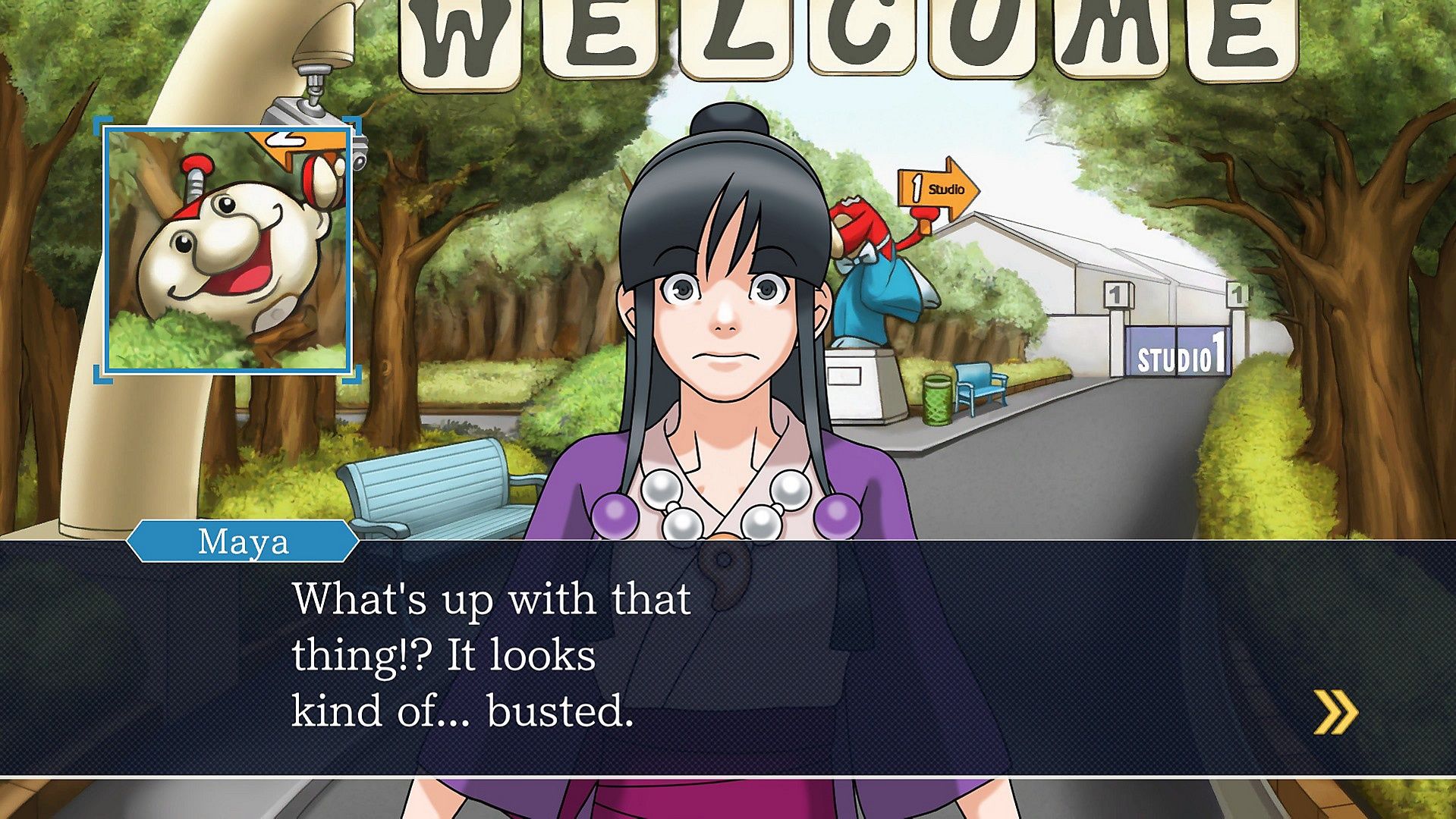Given that 2021 is a major year for video game anniversaries, it's expected that some of the smaller victories for the industry will get caught in the shuffle as companies and communities celebrate the anniversaries of iconic franchises and games such as The Legend of Zelda, Halo, Grand Theft Auto 3, and Sonic the Hedgehog. One franchise that should not go overlooked, however, is Capcom's Ace Attorney series, which turns 20 today.
Phoenix Wright: Ace Attorney originally released in Japan on October 12th, in 2001 for Gameboy Advance systems. While the game wouldn't come to western markets until its Nintendo DS port in 2005, it had a profound impact on the visual novel genre, with the entire genre owing a lot of its current success to Phoenix Wright and its popularity in both Japan and the rest of the world. The game even went on to inspire an entire series which just this year saw a major localization of The Great Ace Attorney Chronicles, two games that fans have been waiting to play in English for years. With that in mind, here's a brief dive into the legacy of Phoenix Wright: Ace Attorney, 20 years later.
Turnabout Trials
While the visual novel genre did not see major mainstream western success until the late 90s/ early 2000s thanks to titles for the PlayStation and PC platforms, in Japan the history of the genre dates all the way back to 1983 thanks to games such as Portopia Serial Murder Case and the Famicom Detective Club titles. While mystery games were the central focus for the genre during its inception, it later led to the creation of sub-genres many fans know today, such as the dating-sim genre of games.
With the popularity of the visual novel genre in mind, after finishing up his work on Dino Crisis 2 with Resident Evil creator Shinji Mikami, Shu Takumi decided he wanted his next game to be a visual novel - with the intention of making a game so simplistic that even his mother could play it. This was after Mikami game Takumi six months to conceptualize any type of game he wanted to make, and since Takumi initially joined Capcom to create mystery games, it was a match made in heaven. Takumi initially envisioned Ace Attorney as a Gameboy Color game, however after being presented a demo of Mega Man: Battle Network on the Gameboy Advance, he decided to switch to the newer Nintendo handheld. Overall, Phoenix Wright: Ace Attorney took Takumi and his team at Capcom Production Studio 4 merely ten months to develop, with most of the work tied to the game's art and writing.
Shu Takumi wrote Phoenix Wright: Ace Attorney almost entirely by himself, with the team pitching in at points during the game's development, and claimed that a main focus of the game was to create a linear story with a single ending that made the player feel as though they were solving the mystery themselves. In writing the game's cases, Takumi would write each episode's scenario first, and then create the game's characters around the circumstances and context of the case. In an interview with Nintendo Power Magazine in 2014, Takumi even claimed that he barely wrote any of Phoenix's backstory before writing the game itself, instead making the character's personality up as he went along. In this way, Takumi viewed Phoenix as a sort of 'self-insert,' writing the character in response to how he would react to the situations in the game.
One inspiration for the events of the game came from an experience Takumi encountered as a child in second grade. When Takumi was younger, he got in trouble with his teacher after being accused by a student in another class of stealing a five yen coin left in a makeshift piggy bank in the schoolyard. After apologizing multiple times to the student he didn't know, and explaining to her that it had been a misunderstanding, Takumi later realized that the piggy bank had been left in the schoolyard as a prank, and that the student had intended to pass the blame onto another younger student the whole time. Realizing this, Takumi claimed he wished somebody had been around to defend him, inspiring the flashback scene that depitcts a young Phoenix at the center of a "class trial" in which he is defended by Miles Edgeworth and Larry Butz.
Lawful Localization
An element of the Ace Attorney series that has come to define it over the years in western territories is the series' now iconic localization. Since the game was developed primarily by a small team of seven, the localization was likewise handled by an outsourced team by the name of Browne Global. This team included Alexander O. Smith, leader of the localization efforts, whose first task was to translate the characters' pun-heavy Japanese names into English in a way that respected the source material.
For example, while the name "Phoenix Wright" explains itself rather well in English, in Japanese the character goes by the name "Ryuichi Naruhodo." The word "Naruhodo" in Japanese commonly means "I see" or "I understand." Translations like these are what led to hilarious iconic like "Lotta Hart" and "Frank Sawhit," which are still a major part of the series' identity to this very day. The localization team even got to leave their mark on the game in other ways. As many fans will know that in Japan, Phoenix's voice lines for "Objection!" and "Hold It!" are voiced by series creator in Shu Takumi, however, in the English release, this voice is done by translater Ben Judd. This also applies to other characters in the series, as in Japan artist Tatsuto Iwamoto voiced Miles Edgeworth's voice lines, however in the English release these were done by Capcom employee Seon King.
It's thanks to little touches like these that the Ace Attorney series still shares a very dedicated and community-like fanbase. The localization had such an impact on the series that, after years of being unable to translate The Great Ace Attorney games due to issues pertaining to licensing the character of Sherlock Holmes, the localization team found a solution by approaching the problem in the most "Ace Attorney" way possible - by simply naming the character "Herlock Sholmes."
No Objections
While its Japanese Gameboy Advance release was met with critical and commercial success, the intitial reception towards Phoenix Wright: Ace Attorney was nothing to write home about, outside of warranting two sequels in the form of Phoenix Wright: Ace Attorney - Justice For All and Phoenix Wright: Ace Attorney - Trials and Tribulations - both of which released annually in succession of each other. It's when Phoenix Wright: Ace Attorney released in North America on October 12th 2005 (16 years ago, today) that the series exploded in popularity, with the game selling out so quickly that physical copies were hard to track down even three weeks after release.
It also helped that the game had received major critical success in the west, with some reviews hailing it as a "revival of the adventure game genre." Ultimately, the Nintendo DS version of Phoenix Wright: Ace Attorney alone would go on to ship over 100,000 copies by February 2007, something Capcom's higher ups did not expect, and the company quickly got to localizing the game's two sequels while Shu Takumi and the team in Japan would work on the next major entry in the series, Apollo Justice: Ace Attorney. By the time Apollo Justice released, the Ace Attorney series had gone on to become Capcom's 9th best-selling series of all time. This trend unfortunately stopped by the time the series reached the Nintendo 3DS, with Capcom making titles like Dual Destinies and Spirit of Justice digital exclusives in the west due to their perceived lack of sales potential.
This hasn't stopped the Ace Attorney series for celebrating a strong 20 year anniversary, though, as Capcom announced earlier this year that it would finally localize The Great Ace Attorney and The Great Ace Attorney 2 as part of a collection for PC, PS4, and Nintendo Switch, which released in July. Earlier this year, Capcom also hosted a live streamed Great Ace Attorney concert, and it also teased that there will be another iteration of the event in 2022. For those looking to try Phoenix Wright: Ace Attorney nowadays, the company has also released it countless times outside of the original Gameboy Advance and Nintendo DS versions. While also being available for mobile platforms, HD remakes of the first three entries are available for PC, PlayStation 4, Xbox One, and Nintendo Switch.

